The Chief of Defence is the highest ranked officer among five service chiefs in Nigeria. There are also chiefs of staff for the air force, navy, and army, as well as a chief of defense intelligence. The 1979 constitution of Nigeria established the Chief of Defense position for the first time and made it the head of all service chiefs.
On Monday, June 19, President Bola Tinubu gave his approval for the immediate retirement from service of all Service Chiefs, the Inspector General of Police, Advisers, and the Comptroller-General of Customs, as well as the appointment of their replacements.
Although several observers challenged the decision because the current service chiefs were appointed in 2021, findings by WITHIN NIGERIA found that the removal per tenure is a tradition or regular practice for succeeding presidents to replace service chiefs.
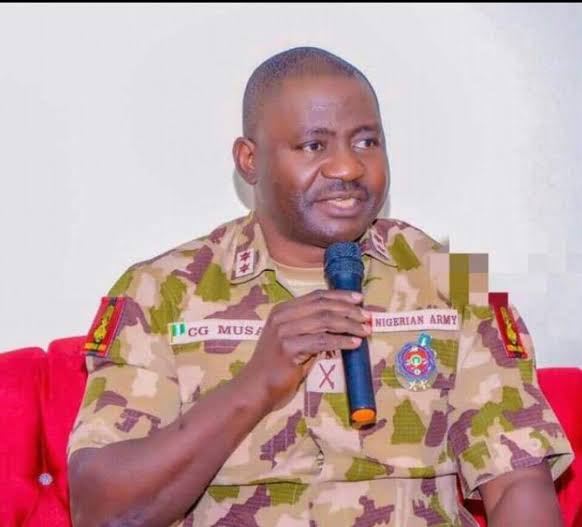
A check by WITHIN NIGERIA also revealed that all five of the country’s presidents since the restoration of civil rule had, at one point, ousted the service chiefs and replaced them with their own picks. Service chiefs were fired by every president from Obasanjo to Yar’Adua to Jonathan to Buhari. Timing is the sole distinction. Bola Tinubu would become the first civilian president to fire and replace service chiefs within two weeks in office.
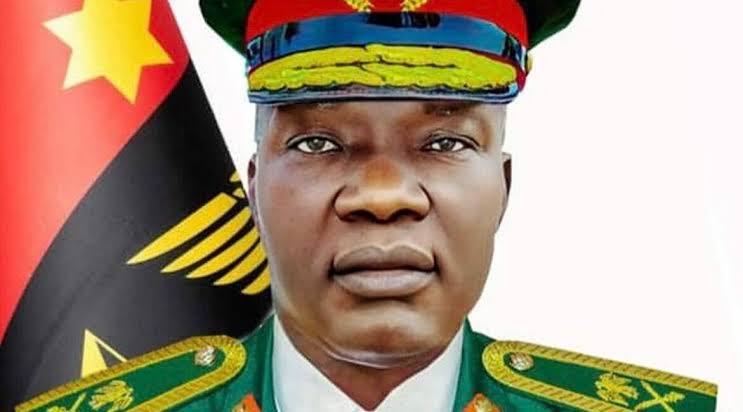
From Obasanjo to Tinubu: Removal of Service Chiefs, a tradition
Recall that on April 26, 2001, the Federal Government announced the retirement of the three service chiefs, Lt.-General Victor Malu, Chief of Army Staff (COAS), Vice Admiral Victor Ombu, Chief of Naval Staff (CNS), and Air Marshal Ibrahim Alfa, Chief of Air Staff (CAS).
Major-General A.O. Ogomu-dia, Rear Admiral Samuel Afola-yan, and Air Vice Marshal (AVM) J.D. Wuyep were named by the federal government through Chief Ufot Ekaette, who served as the Secretary of the Government of the Federation, as the new COAS, CNS, and CAS, respectively.
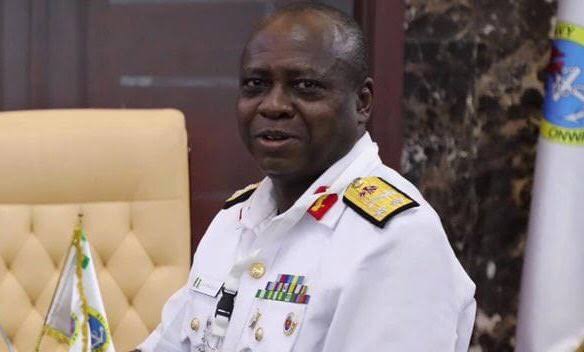
Olusegun Obasanjo dismissed the Chief of Defence Staff (CDS), Gen. Alexander Ogomudia, and the Chief of the Air Staff, Air Marshal Joseph Wuyep, from their positions on May 31, 2006, and authorized the appointment of Maj. Gen. Sarki Muktar (rtd), Gen. Martin Luther Agwai, and Air Marshal Paul Dike as their respective replacements.
Similar to this, on August 21, 2008, Umaru Musa Yar’Adua replaced his chief of defense staff and appointed new commanders of the army, navy, and air force in his first significant military reorganization. Rear Admiral Isaiah Iko Ibrahim, who formerly oversaw Naval Training Command in Lagos, the country’s economic center, was named head of the navy, while Major-General Abdulrahman Dambazau assumed command of the army.
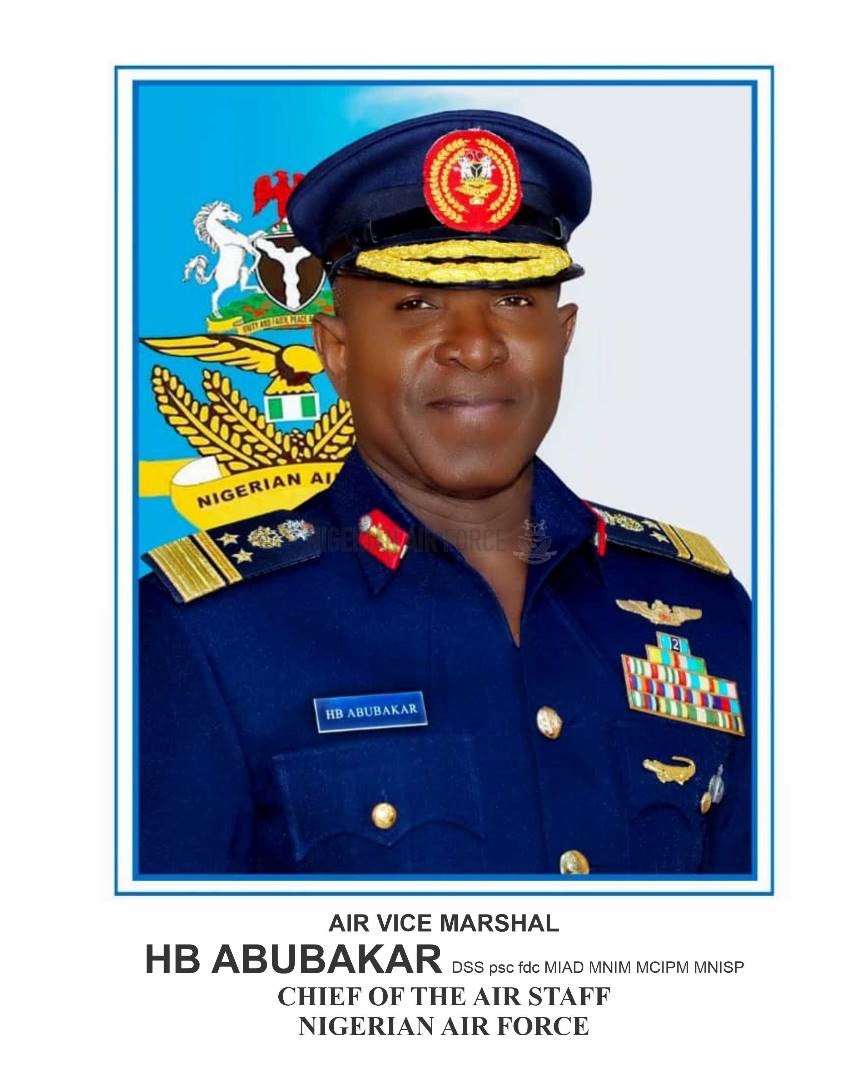
Two Nigerian service chiefs were fired and replaced on October 4th, 2012 by Goodluck Jonathan. Ola Ibrahim, a Vice Admiral in the Navy and a former Chief of Naval Staff, was appointed in place of Mr. Petinrin, an Air Chief Marshal, who was fired.
Mohammed Umar, the former commander of the Nigerian Air Force, was also demoted. Alex Barde, an Air Vice Marshall, took over for Mr. Umar, an Air Marshall, while Azubuike Ihejirika, the Chief of Army Staff, was the sole individual to keep his prior role as Army chief.
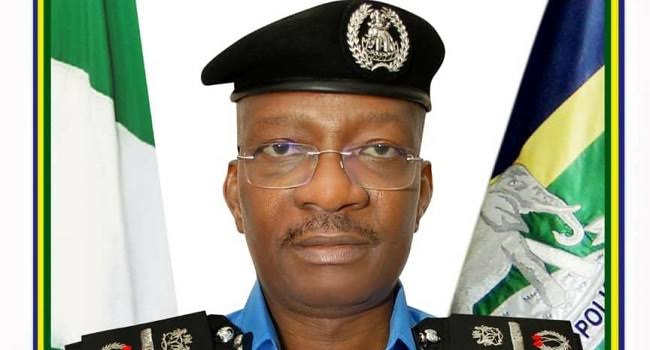
On January 16, 2014, Goodluck Jonathan replaced all of Nigeria’s service chiefs. Admiral Ola Sa’ad Ibrahim was succeeded as Chief of Defence Staff by Air Marshal Alex Badeh; Major-General Kenneth Tobiah. Rear Admiral Usman O. Jibrin replaced Vice Admiral Dele Joseph Ezeoba as the head of the naval staff, while Jacob Minimah replaced Lt.-General Azubike O. Ihejirika as the head of the army staff. Air Vice Marshal Adesola Nunayon Amosu replaced Air Marshal Badeh as the head of the air staff.
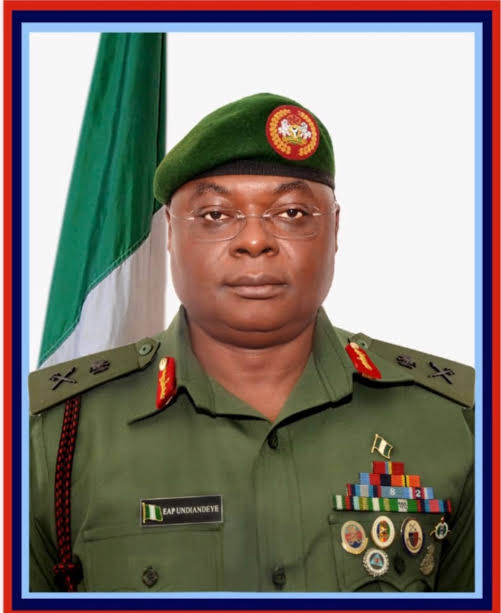
On July 13th, 2015, President Muhammadu Buhari fired the military’s top brass and appointed General Abayomi Olonisakin as the new CDS, Lt. Gen. Tukur Buratai as the new CGS, Vice Admiral Ibok Ekwe Ibas as the new CNS, and Air Marshal Sadique Abubakar as the new CAS.
In addition, on January 26, 2021, Muhammadu Buhari fired all military leaders and replaced them with Rear Admiral A.Z. Gambo, Chief of Naval Staff, Major-General Lucky E.O. Irabor, Chief of Defense Staff, and Attahiru, Chief of Army Staff.
From ‘competency’ to low output
Following President Tinubu’s decision to replace service heads, a number of reasons have been advanced that focus more on religion and tribe than on the causes of the persistent underperformance of these capable officers who were chosen as service chiefs.
The issue of randomly replacing service chiefs initially began as a political maneuver. Either by successors seeking to counteract the influence of their forebears or by the governing body changing service chiefs due to perceived betrayal.
Before Boko Haram launched its first significant attack (Vehicle-Borne Improvised Explosive Device) in June 2011, a trail conducted by WITHIN NIGERIA showed that service chiefs had been replaced three times by ex-presidents Obasanjo and Yar’Adua since the start of civil government. The UN headquarters in Abuja was the target of a vehicle-bomb attack on August 26, 2011, which resulted in at least 23 fatalities and more than 80 injuries against a Western target.
Among other things, these attacks worsened, which led President Goodluck Jonathan replacing the service chiefs on October 4th, 2012. Nigeria as a nation changed from routinely removing service chiefs to looking for and hiring trustworthy, qualified, and experienced officers with a track record to address her biggest concern, “insecurity.”
The issue still exists 11 years after the search for qualified officers with stellar records to be selected as service chiefs. Nigerians, particularly women and children, have kept dying at the hands of terrorists and government adversaries. In Borno, Yobe, and Adamawa, Boko-Haram used bombs to carry out several massacres.
After losing the ability to conduct conventional attacks in 2016, the Boko Haram organization made some gains, but they continued to commit murder and kidnappings for ransom in public locations including markets, schools, and farms.
The overall state of the nation has been in a very miserable situation as a result of terrorist attacks, banditry, widespread kidnapping, IPOB attacks, and pirate attacks. Large-scale security personnel losses.
In three states in the region, 35,000 people died as a direct result of insurgency, according to a recent assessment from the United Nations Development Programme (UNDP), while an estimated 314,000 people perished “from indirect causes” in the entire North-east region.
Nigeria has switched from removing people for political reasons or under duress to selecting competent people with experience. More than eight times have our service chiefs been fully dismissed, but the issue of “insecurity” still exists.
Do these service chiefs lack skill? Despite the trillions of dollars devoted to the sector, are resources insufficient? Does corruption make the security architecture more vulnerable? Politicians may still be there in the field holding swords and impeding progress. Can it get any better?
These ought to be everyone in Nigeria’s top priorities.
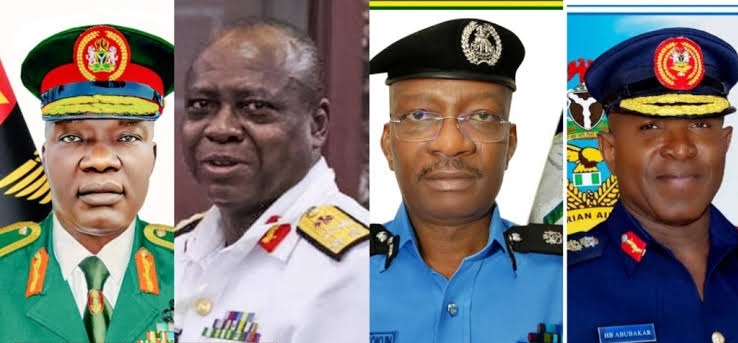

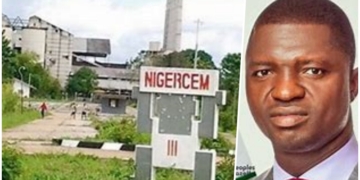

Discussion about this post